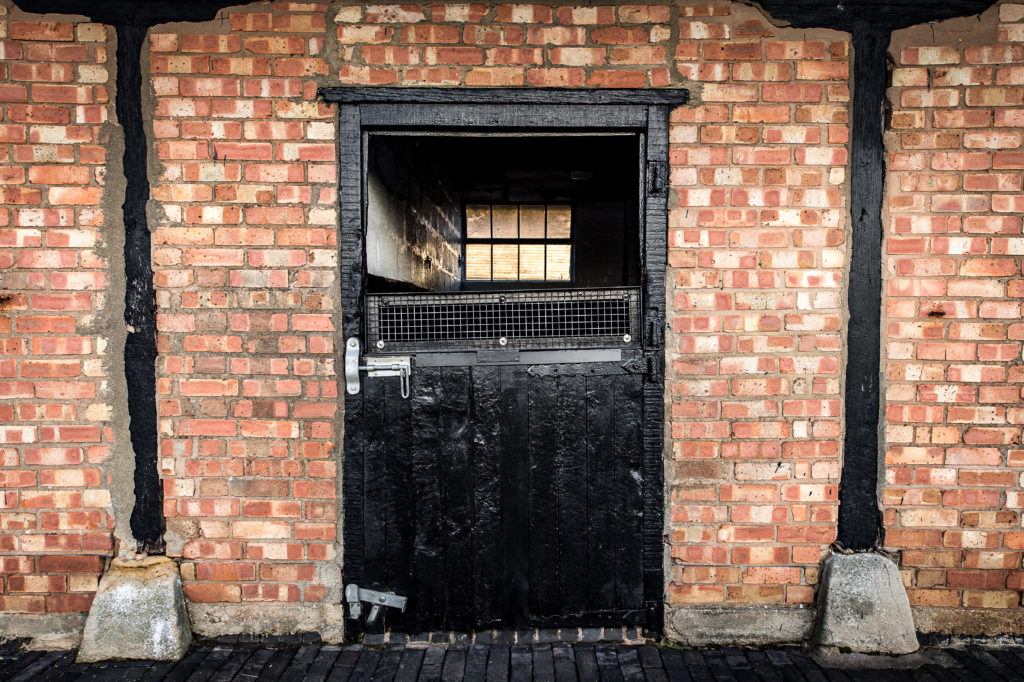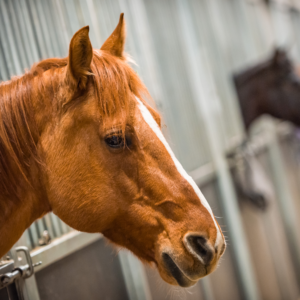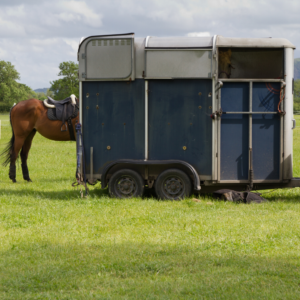Stable Hygiene and Biosecurity

Some infections only occur once and don’t spread between horses, however there are many contagious equine diseases, with some being zoonotic (able to pass between humans and animals).
Depending upon disease severity, horses may need veterinary help. Even if your horse is only mildly unwell or even asymptomatic, disease outbreaks can impact upon training, competition and in severe circumstances, lead to yard closure and travel restrictions.
Prevention is better than cure – one of the most well-known sayings when it comes to biosecurity. There are routine management procedures yard and horse owners should implement in order to eliminate existing harmful bacteria and to prevent the spread, or introduction of infectious diseases.
The most common of these are ringworm, strangles, equine herpes virus and equine influenza. An understanding of how these spread can aid in the maintenance and development of a good biosecurity plan and limit the risk to your horses:
Ringworm is a fungal infection, spread by contact with other horses, grooming kits, stable walls, fence posts, people and tack. Commonly introduced by a horse new to the yard.
Strangles is a bacterial infection which can be passed by direct contact, equipment and shared environments. Whilst horses can be asymptomatic carriers, these can be identified and treated.
Equine Herpes Virus is a highly contagious airborne respiratory disease, with two primary strains, one of which (EHV-1) can cause neurological disease.
Biosecurity Practices
Good biosecurity practices, alongside vaccinations where available, are essential to prevent outbreaks within the equine population.
Owners must take the necessary precautions to avoid transfer of infectious diseases, including:
• Each horse should have their own equipment (grooming kit, water buckets, feed buckets etc).
• Clean water buckets and feed buckets daily. Disinfect equipment routinely, more often in the case of an outbreak.
• If you see any signs that a horse is un-well, isolate the individual immediately and seek veterinary advice.
• Try not to move an isolated horse, they should stay away from other horses until given the all clear by your vet.
• Always tend to isolated horses last, to minimise the risk of contaminating other horses. Use PPE if possible and consider foot dips and disinfectant sprays
• Have good washing facilities with running water, antibacterial soap and hand sanitizer.
Home Environment
Ensuring your horse’s home environment is pathogen-free can help maintain health and help prevent the spread of diseases.
Cleaning: Start from the floor and work your way up. Lifting rubber matting and sweeping underneath before moving on to the wall and doors to remove dust, cobwebs and old bedding. A pressure washer is useful to remove stubborn dirt.
Disinfecting: Disinfectants are equally as important, as they must be both safe and effective upon equine-specific bacteria.
Painting: Anti-bacterial paint is becoming more often used to help protect the home environment. Painting provides long-term protection for stables, feed rooms and tack rooms. Stable Shield Anti-Bacterial paint is non-toxic and contain agents that kill micro-organisms and prevent their spread.

New Arrivals
A new horse or pony could also bring infection, however there are easy steps to put in place to reduce the risk:
• Check all vaccinations are up to date.
• Before the horse has left the previous yard, test for strangles.
• Ask for a faecal egg count.
Upon arrival, isolate for a minimum of two weeks. Utilise the same rules as those for an infected horse in order to unwittingly contaminate other horses.

Travelling
- Take your own equipment and avoid sharing with others.
- If you do end up sharing equipment or tack make sure you clean and disinfect thoroughly. Remove any grass, hair, sweat or saliva, rinse and then disinfect.
- Try not to let your horse come into contact with any other horses and avoid shared water troughs, grazing areas and equipment if possible.
Copyright © 2024 Stableshield. All rights reserved


